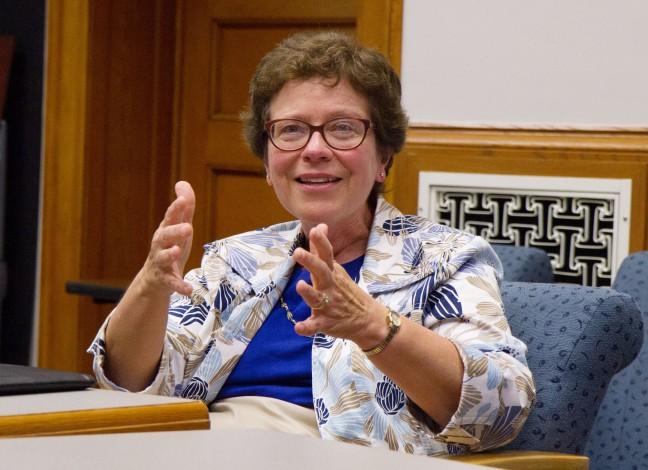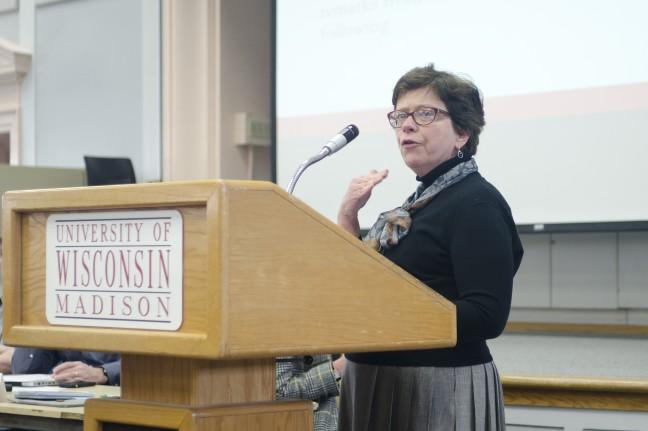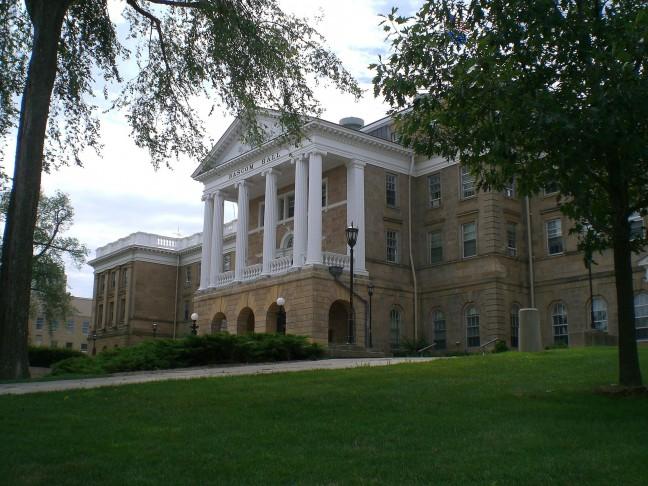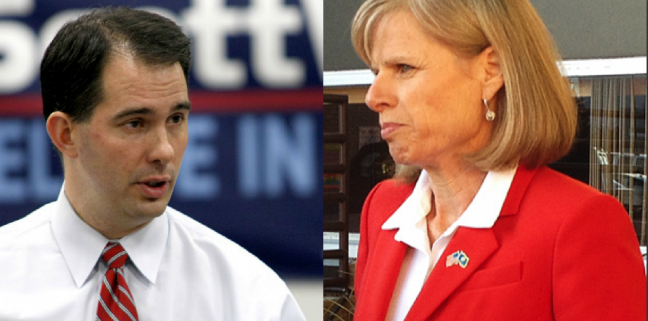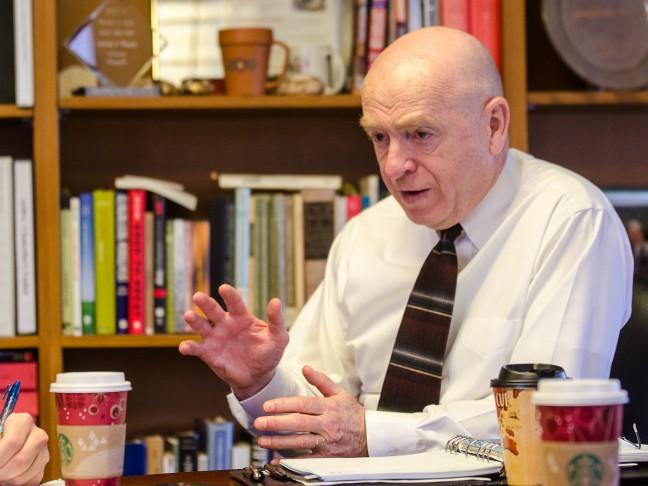As issues of sustainability and alternative energy sources continually enter political discourse and influence local and national policymakers, a team of University of Wisconsin professors has received a $4.7 million grant to fund sustainability education programs in rural Wisconsin.
The grant, one of two that were awarded by the United States Department of Agriculture’s National Institute of Food and Agriculture, will target school districts in northern Wisconsin, particularly in the Menominee Nation and other First Nation communities.
Richard Amasino, a UW biochemistry professor and member of the team that received the grant, said the programs would work with teachers and other educators at the middle school level to introduce difference ways of thinking about science.
UW’s Hedi Baxter of the Wisconsin Fast Plants Program and John Greenler of the Great Lakes Bioenergy Research Center were Amasino’s colleagues in applying for the grant.
Amasino said the program is an experiment to work with different ways of teaching science by blending traditional First Nation and scientific ways of knowing.
He added these traditional conceptualizations are typically characterized by a great respect for the environment and an understanding of doing things in a sustainable manner, which carry similar outcomes with traditional science.
The programs funded by the grant will serve as the latest installment in UW’s continuing efforts to establish ties with the Menominee Nation, he said.
“We’re just beginning to sit down at the table together and work all this out,” he said. “In looking to create a partnership, a logical extension is to include science.”
Amasino said the importance of educating the next generation on issues of alternative energy, particularly biofuels, is evident in the finite nature of fossil fuels and the potential for future energy crisis should an alternative not be discovered.
The USDA and other scientific agencies have been funding research and educational outreach programs in an area that will undoubtedly be important to the future of society, he added.
A statement from the USDA said the project would be funded for five years, with the aim being to begin educating individuals who may one day be working at the forefront of bioenergy research and implementation.
Bio-based technologies hold vast potential for economically benefiting rural areas. However, a skilled labor force will be necessary if the budding industry is to be fostered, the statement said.
Corinne Rutzke of Cornell University also won a NIFA grant for multi-diciplinary education for eighth grade to undergraduate students.








